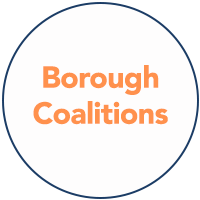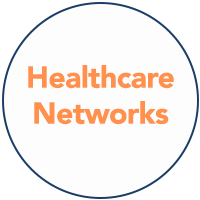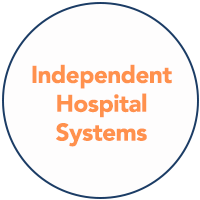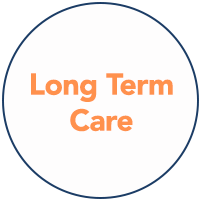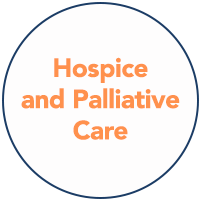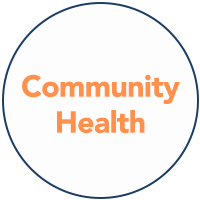
The NYCHCC is made up of organizations from different sectors of the healthcare system.
Click on the sectors below to learn more.
Borough Coalitions
|
| The NYCHCC includes five borough-based coalitions that help healthcare organizations that are geographically close to each other collaborate, coordinate, and share resources.
The planning and coordination that happens in Borough Coalitions allows local partners to work together more effectively during a response – from patient transfers, to connecting patients to needed community-based social services.
Borough Coalition member organizations are diverse and include long-term care, ambulatory care, and partnering community-based organizations.
|
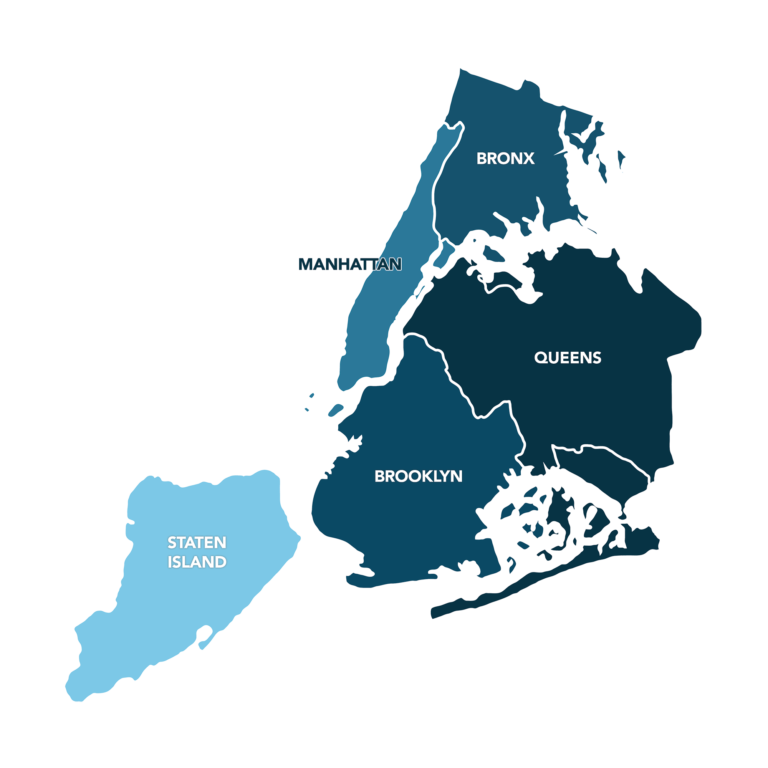 |
Healthcare Networks
|
NYC’s healthcare networks deliver care to a significant portion of the NYC population and represent a majority of available healthcare delivery capacity in the city. Due to their prominent role and significant resources, it is essential that healthcare networks are ready to respond to public health emergencies and effectively collaborate with both public health and healthcare stakeholders to save lives. Participation in the NYCHCC provides networks with opportunities to coordinate preparedness efforts with other healthcare sectors and help lead healthcare systemwide readiness with local and state government.
- MediSys Health Network (Jamaica Hospital Medical Center and Flushing Hospital)
- Montefiore Medical Center
- NYU Langone Hospitals
- Northwell Health
- New York-Presbyterian Healthcare System
- NYC Health + Hospitals
- Mount Sinai Health System
- One Brooklyn Health System
|
 |
Independent Hospital Systems
|
Independent Hospital Systems comprise a group of acute care facilities which are not affiliated to or reliant upon a healthcare network for the development of health care emergency management programs. Like the Healthcare Network Sub-Coalitions, these independent hospitals promote current trends in health care delivery and ensure emergency preparedness capacity-building in all sectors of each system, through their participation in the NYCHCC Leadership Council.
- BronxCare Health System
- Calvary Hospital
- Hospital for Special Surgery
- Maimonides Medical Center
- Memorial Hospital for Cancer and Allied Disease
- Richmond University Medical Center
- St. Barnabas Hospital
- St. John’s Episcopal Hospital
- Wyckoff Heights Medical Center
- The Brooklyn Hospital Center
- New York Community Hospital
- SUNY Downstate Hospital
|
 |
Long Term Care
|
| The Long Term Care sector is comprised of key stakeholders that represent and support the city’s many nursing homes, adult care facilities, and home care agencies that care for some of the city’s most vulnerable patients.
|
Nursing Home and Adult Care Facility Associations
|
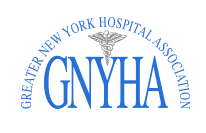 |
Greater New York Hospital Association, Continuing Care
A membership and advocacy organization representing not‐for-profit and public long‐term care providers community in NYC and beyond. |
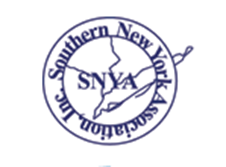 |
Southern New York Association
An organization that represents over 60 residential healthcare facilities in southern New York, including NYC, Westchester, and Long Island. |
 |
Greater New York Health Care Facilities Association
A not‐for‐profit membership organization that supports approximately 80 nursing homes and rehabilitation centers located in NYC and other parts of the state including Long Island, Westchester, and Rockland County. |
Home Care Associations
|
 |
The New York State Association of Health Care Providers
Represents home and community-based care providers in NYC and across the state. Association members include Licensed Home Care Service Agencies, Certified Home Health Agencies, hospices, health related organizations, and organizations that provide products and services for home care providers. |
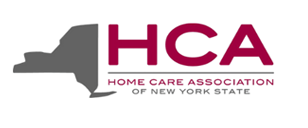 |
Home Care Association of New York State
Represents nearly 300 home care providers in NYC and across the state. The association provides education about home care, advocates for its members at the state and federal levels, and promotes public awareness about home care. |
Hospice and Palliative Care
|
 |
Hospice and Palliative Care Association of New York State
A not-for-profit organization that represents hospice and palliative care programs in NYC and across the state, along with allied organizations and individuals that focus on building quality and comprehensive end-of-life care services. |
Subject Matter Experts
|
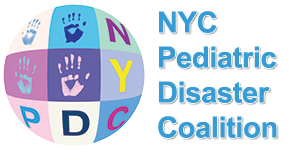 |
Pediatric Disaster Coalition
Comprised of experts in emergency preparedness, pediatric critical care, surgery, and emergency medicine, the Pediatric Disaster Coalition provides technical assistance and creates and distributes preparedness guidance and key planning resources to NYC healthcare system stakeholders for pediatric mass casualty events. |
|
|
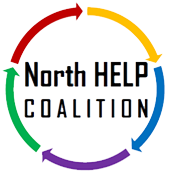 |
North HELP Coalition
Founded by health care emergency preparedness experts, the North HELP Coalition improves readiness of healthcare providers for patients with end stage renal disease receiving dialysis to prepare for, respond to, and recover from disaster. |

